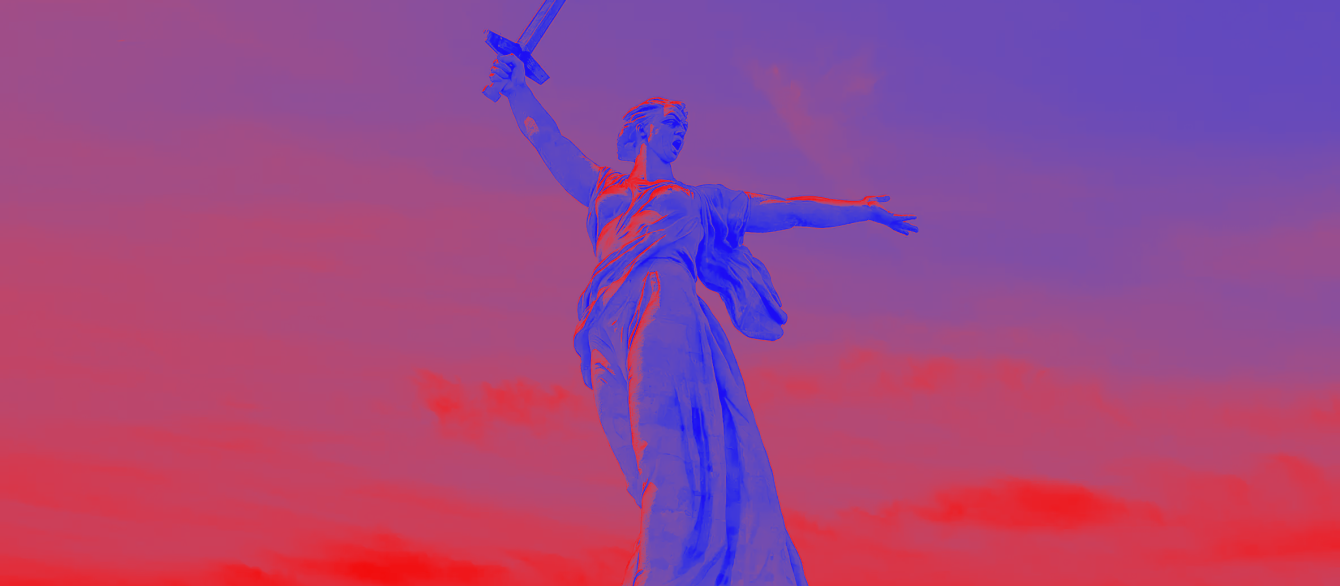Sasha de Vogel is a Raphael Morrison Dorman Memorial Postdoctoral Fellow at the Weatherhead Center for International Affairs at Harvard.
When I told fellow Russia specialists that I was writing a piece on how Russian state-society relations had changed since the invasion of Ukraine in February 2022, I was invariably met with the same response: everything has changed, and everything remains the same.
Indeed, everything has changed. Russia has unleashed senseless destruction and genocidal violence on Ukraine in an attempt to reoccupy the former colony, and the domestic shockwaves have been profound. In the first year of the war, Russians incurred an estimated 60,000 to 70,000 deaths, likely more than in all Russian and Soviet wars since 1945 combined. The need for bodies at the front led to a “partial mobilization” that led to recruitment at prisons and the conscription of 300,000 men. The country is under the most restrictive economic sanctions regime in history. An estimated 1 million Russians have left the country. The invasion was followed by an onslaught of new repressive laws, enforcement mechanisms, educational policies, censorship, and propaganda. After a final sweep of civil society and the political opposition, these tools are now being directed toward private individuals. Russians are experiencing a level of state intrusion into private life not seen since the Soviet Union.
This creeping totalitarianism represents the next phase of the Vladimir Putin regime—part of an evolutionary process hallmarked by continuity, not abrupt turning points. Over twenty-three years, Putin has sharpened the tools of state violence, kept the elite loyal, and propagated a nationalism founded in resentment and colonial nostalgia, both Soviet and imperial. But just as important, he has presided over a culture of helpless disengagement from political life. It is this culture, and not just repression, that allowed the invasion to occur, the war to continue, and Putin to remain in power.
Putin has staked his legacy on victory in Ukraine, making this an existential conflict for both sides. He will not back down as long as he remains in power—likely, as long as he lives—but if external support for Ukraine persists, victory will be elusive. As a result, many predict the war will become one of the many “frozen conflicts” in the post-Soviet world, like the disputed territory of Nagorno-Karabakh. In a frozen conflict, active combat ends without a treaty to resolve territorial control, creating conditions in which fighting can recur at any time. This scenario would leave areas of Ukraine highly militarized, contested, and unstable. In other words, the end of this conflict is nowhere near in sight. By the same token, the wartime changes to Russian society and politics will not be reversed any time soon.
Read More
The full article of this text is available via Dissent.






